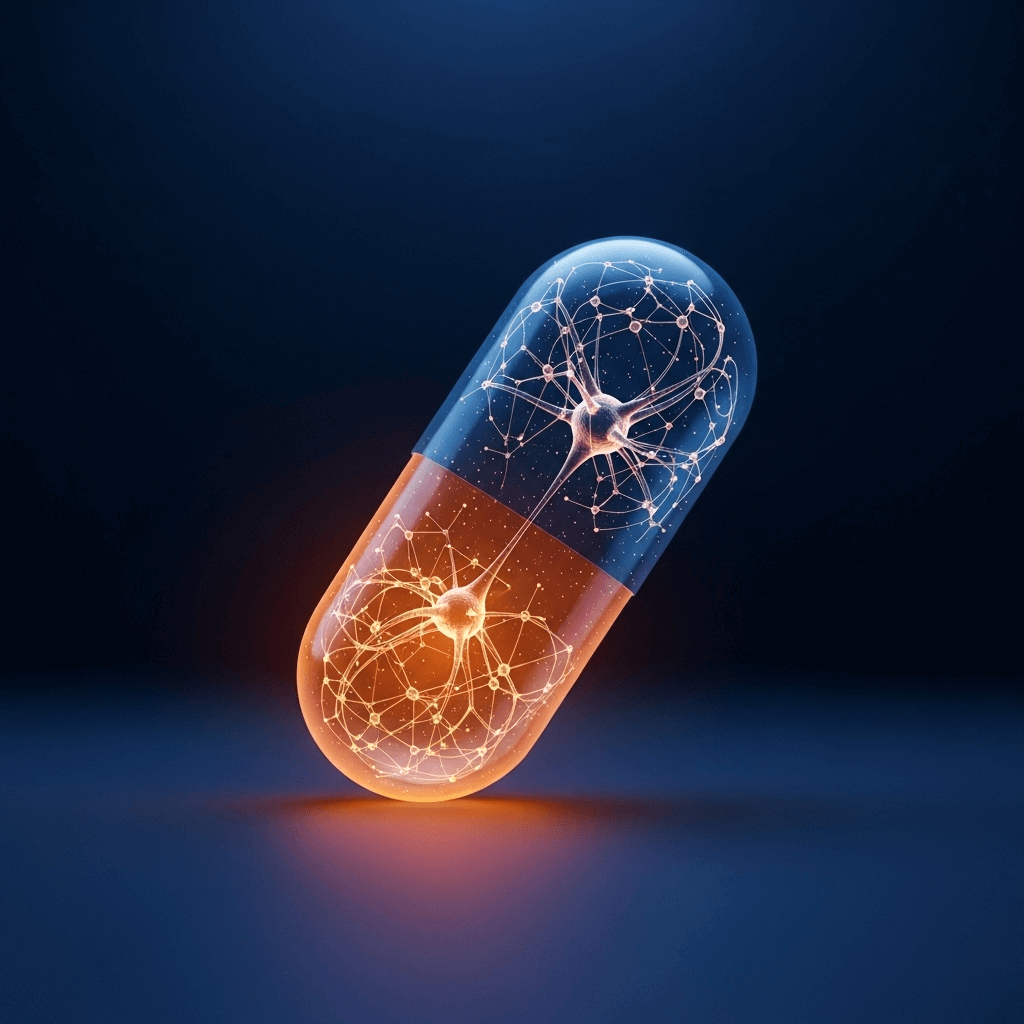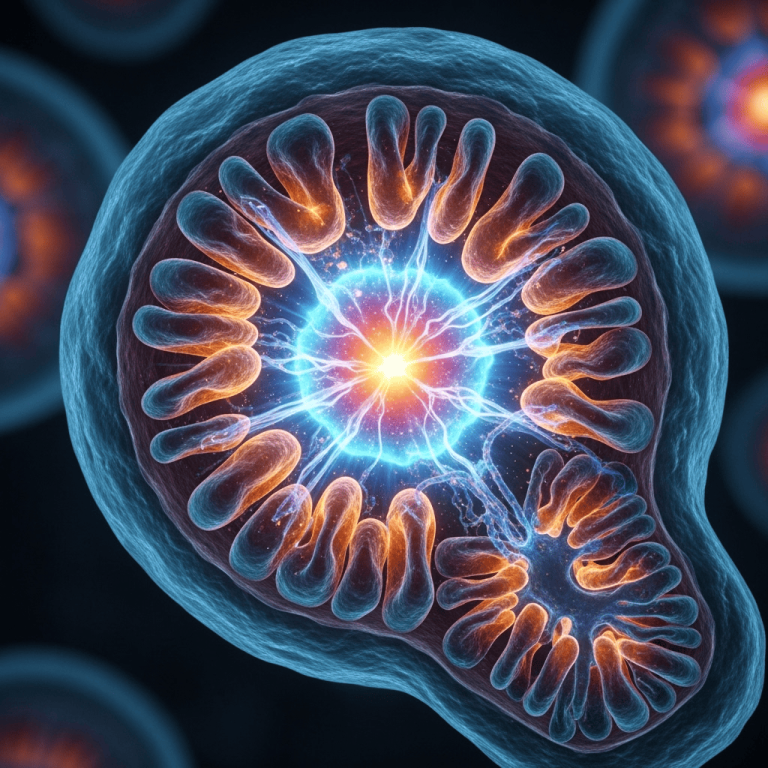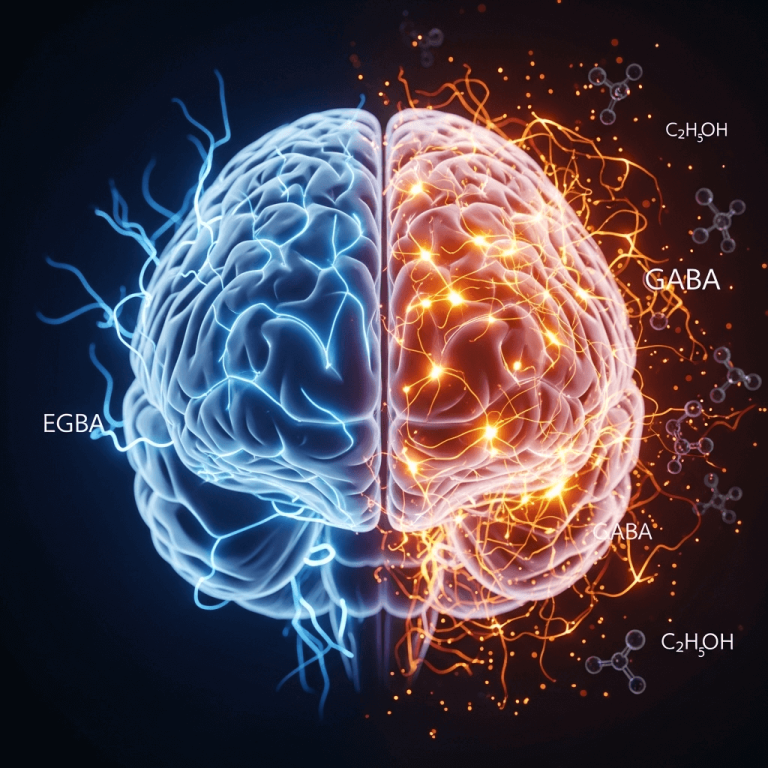Is Your Sleep Supplement Secretly Sabotaging Your Rest? The Shocking Truth About a Popular Amino Acid.
In the endless pursuit of perfect sleep, the supplement market offers dozens of “miraculous” solutions. One of them, which has recently gained immense popularity, is an amino acid known for its supposed calming properties. Millions of people reach for it every evening, hoping for deep and regenerative sleep. But what if I told you that this innocent molecule can act as a double-edged sword, and for some people, instead of providing tranquility, it brings anxiety and interrupted sleep?
The Two Faces of a Brain Switch
We’re talking about glycine—an amino acid that is absolutely essential for our body. It builds collagen, supports metabolism, and, most importantly for our topic, acts as a neurotransmitter in the brain. For years, we’ve been told it’s the “STOP” signal for our nervous system—a molecule that quiets, calms, and makes it easier to fall asleep. And for many people, in the right doses, it does just that.
However, neurochemistry is far more complex than a simple game of “start” and “stop.” Recent research is shedding new light on the second, lesser-known face of glycine. It turns out that it can also act as a “turbo-boost” for the main gas pedal in our brain.
How is this possible? Glycine is a so-called co-agonist for the NMDA receptor. This means that for this receptor—crucial for learning, memory, but also for arousal—to be fully activated, it needs not only its main stimulant (glutamate) but also the presence of glycine.
“Imagine a lock that requires two different keys to be turned simultaneously to open,” explains Dr. Julian Sinclair, a neurologist at the Institute for Better Living Research. “Glutamate is one key, and glycine is the other. If there’s an excess of the second key circulating, the lock can be opened too frequently, leading to over-stimulation of neurons.”
When “Calm” Becomes “Stress”
In individuals whose neurochemistry is already sensitive or who have an excess of glutamate (linked to stress or diet, for example), an extra dose of glycine from a supplement can tip the scales. Instead of the desired calming effect, the brain receives a signal for increased activity. The result? Trouble falling asleep, restless dreams, and even waking up suddenly in the middle of the night with a feeling of anxiety.
This phenomenon perfectly illustrates the principle of bio-individuality. There is no single universal supplement that works the same for everyone. Your genetics, diet, stress levels, and unique neurotransmitter balance determine whether a substance will be a remedy for you or quite the opposite.
Know Yourself Before You Supplement
Instead of blindly following trends, the key to true health optimization is a deep understanding of your own body. Modern science and technology, including artificial intelligence, now allow us to analyze hundreds of factors affecting our health and life expectancy.
Want to find out which strategies are best for YOU? Stop guessing. Discover your true longevity potential. Complete our survey and receive a personalized report based on the latest scientific research and AI analysis. Learn how to live longer and healthier by making informed decisions.
>> Take the Survey and Discover Your Longevity Potential Now! <<
Scientific Publications:
- Johnson, J. W., & Ascher, P. (1987). Glycine potentiates the NMDA response in cultured mouse brain neurons. Nature, 325(6104), 529-531.
- Kawai, N., et al. (2012). The sleep-promoting and hypothermic effects of glycine are mediated by NMDA receptors in the suprachiasmatic nucleus. Neuropsychopharmacology, 37(6), 1423-1432.
- Papadimitriou, G. N., et al. (2016). The Role of Glycine in the Central Nervous System: A Focus on NMDA Receptor-Mediated Neurotransmission. Journal of Neural Transmission, 123(10), 1145-1158.







